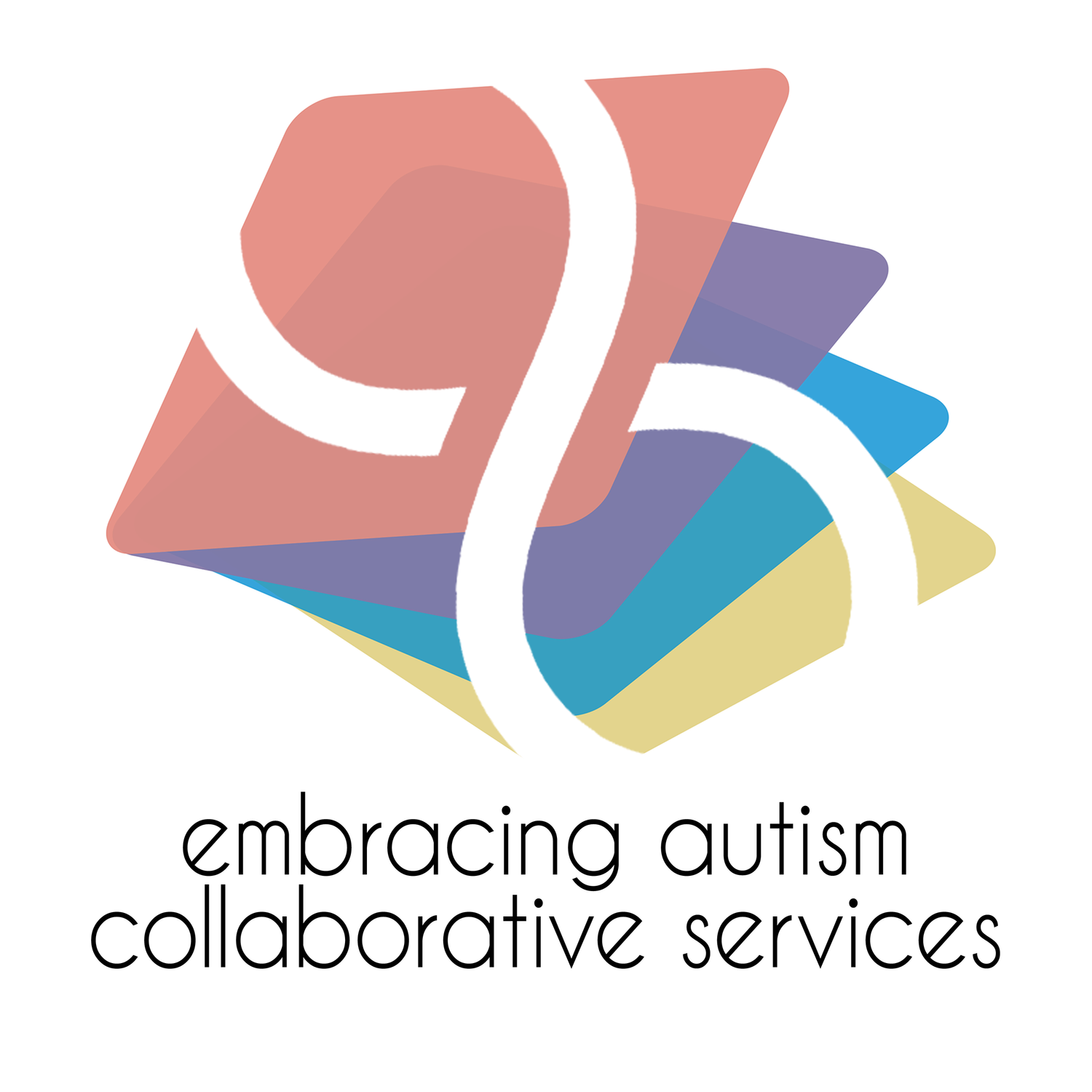Planning a Playdate for Your Autistic Child
The Who, What, When and Where of Planning a Playdate for Your Autistic Child
We have seen many parents struggle with planning and facilitating playdates for their autistic children. To help parents navigate this we have created a bit of a primer.
WHO
Who will your child be engaging with? The most common are:
The friend of the family or family member This can be the easiest to get but not always the best match.
The Neurotypical Classmate or Neighborhood Child: This can be hit or miss. Our biggest advice here is to not allow a “charity” case situation. Make sure this peer truly finds your child fun and wants to spend time with them, not that they think they “should”. I have met plenty of neurotypical children that have had genuine, meaningful relationships with their autistic friends.
The Autistic Friend This might be a peer you or your child connected with in their IEP placement, therapy etc. Yes, an autistic peer is great, but again, make sure they actually have things in common beyond a diagnosis.
Final words about who: If there is a peer your child has requested to spend time with, that a teacher or other trusted adult has identified as a match for your child that is ideal. Don’t force friendships because you like the family or it is convenient. Yes, connect with those families but do not force your child to engage.
WHAT
There are 2 “whats”.
What do I want for my child in this interaction: We are going to answer this one for you: You want them to have a positive experience with a peer and make a meaningful connection with another person. You do not want “10 circles of communication” or your child to be flexible. Focus on fun. If we spend too much energy thinking about tangible things we want our children to do we can lose sight of the true reason we are doing this. I KNOW this is a huge opportunity to be therapeutic but don’t do it.
What Will We Do? My biggest piece of advice is to not overplan this. It is human nature to want to have things you put a lot of energy into planning to go a certain way. I can guarantee, it won’t.
Have a few items available that are preferred for both your child and the peer.
Think about the individual differences of your child and the peer when planning what to do. If you have a sensory seeker who craves movement, make sure you have activities that are physical. If a child has tactile defensiveness do not do messy play.
I want to express that parallel play is ok!! This isn’t therapy. This is spending time with another person and enjoying that time.
WHEN
Do not schedule playdates during times that your child is exhausted. Make sure they have downtime afterwards as well.
Short and sweet!! Don’t wait until there is a meltdown to leave. Let them enjoy the playdate and transition away while the going is good. I cannot emphasize this point enough. We all think “It’s going well let’s let it keep going” and then your child reaches their limit and meltdowns ensue. Ending on a positive note is always best.
WHERE
Where will depend on your child and the peer. If your child is protective of their belongings and is not at a point where they can share, or if home is a place where they enjoy being alone, have the playdate outside of the home.
Again, consider individual differences. When deciding on where to meet a child for the playdate, a loud area is not a match for a child with auditory sensitivities. A wide open playground might not be the place for a child that elopes.
COMMON ISSUES:
We will go over a few common issues we have heard about from parents.
“My child/the peer is only talking to me and not the other child”. When this is happening you can direct the child who is adult focused to their peer. IE: the child asks you what your favorite color is” “mine is blue, I wonder what your friend’s is?” or the child asks you for help you can ask them to ask their friends for help. You can also busy yourself with another task or leave the room so that you are not the easiest and most accessible conversation partner
The kids are not engaging. First, ask yourself whether they not engaging or are they not engaging in the way you want them to. As I mentioned above, parallel play is ok!! Don’t try to force engagement. You can try switching up activities or materials. But also don’t undervalue the benefits of enjoying shared space.
There is conflict: “Conflict” is a bit complicated. Conflict is not a bad thing. Within the DIR model we recognize the concept of “rupture and repair”. This means that conflict is needed within relationships. Knowing that an interaction can rupture and be repaired builds stronger relationships. We don’t avoid conflict but we don’t cause it and we try to keep it within a realm in which it can be repaired. If the conflict is on going and repair cannot happen the pair might not be ready for an unfacilitated play date. If you have providers helping your child with these skills communicate with them where the break down is occurring so they can help support the foundational skills to make playdates a success.
